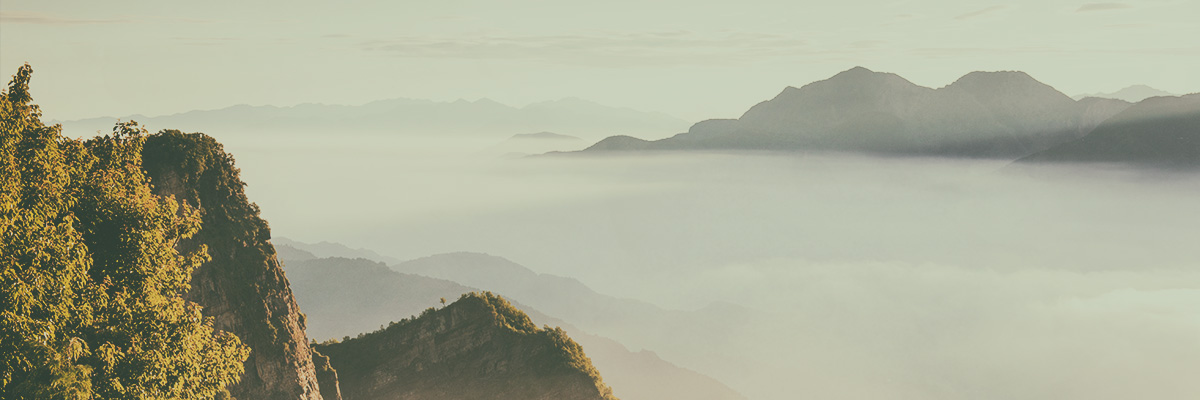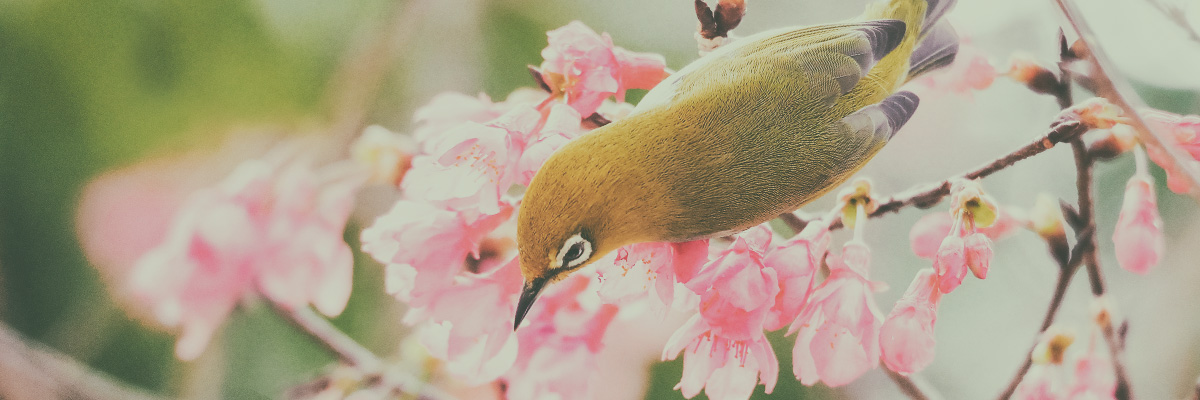
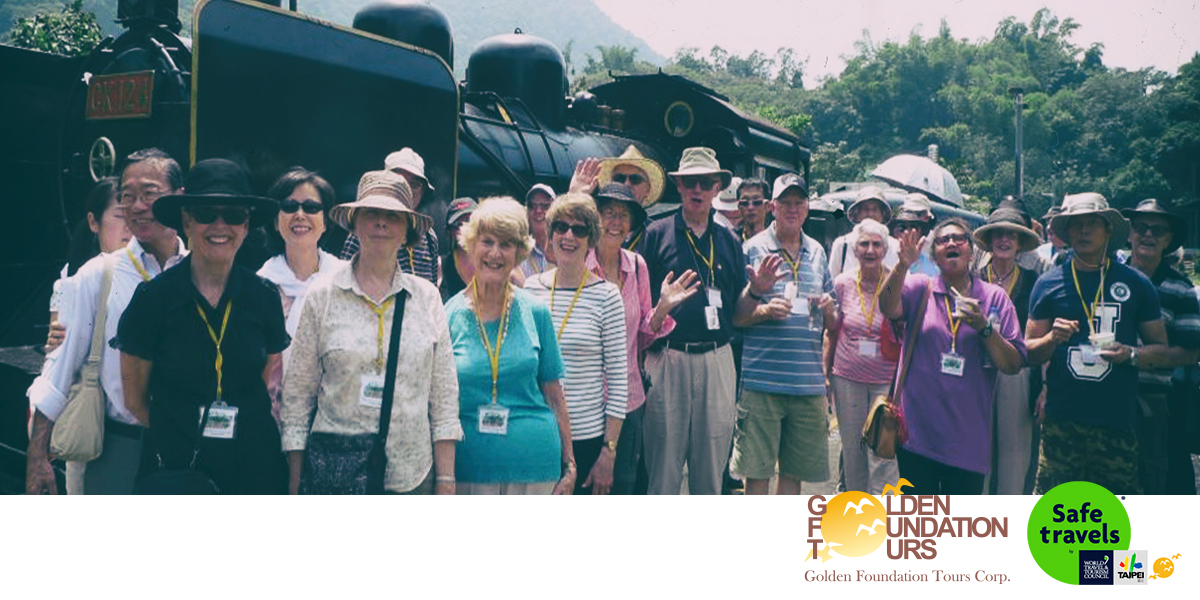
Golden Foundation Tours commit to educate and inspire the many visitors who explore Taiwan with encouragement to do so in a positive and sustainable manner.
We want them to feel at home in our country through learning about local customs, understanding traditions and appreciating social practices. We aim to show them how guests and hosts may honor and respect different cultures, faiths and ways of life by encouraging them to give something back so communities may thrive - such as eschewing goods using threatened species; purchasing souvenirs made of locally-made handicrafts and sustainable artisan products; paying attention to the well- being of wildlife and natural habitats and avoiding animal exploitation and rides; reducing energy consumption; and reminding everyone to be an emissary of our country when returning home at the end of their trip, to tell of their stories, learning and experiences. We acknowledge that we cannot control every third partner directly, but we do undertake to educate them of our policy and encourage them to align operating practices with our policy objectives.
Below are some guidelines on how you can contribute positively to the local economy, environment and society of the region you are visiting.
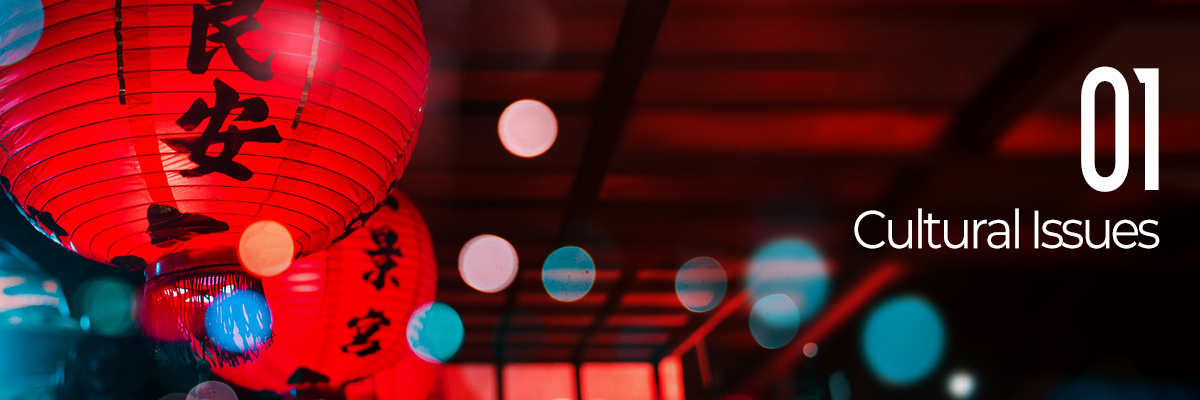
More formal dress codes apply for temples or any other religious sites you may visit. As tempting as it may be, refrain from pointing. It is considered taboo to point at gods. Instead, gesture with an open hand as if gesturing to another human. This is an accepted and polite way to point out items of interest. Photography is generally allowed as long as you are mindful of worshippers. Try to avoid standing between a worshipper and the incense brazier. The Charity for supporting the religious sites or the monk is based on visitors’ own will.
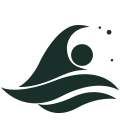
There are no areas of Asia where nude sunbathing or swimming is acceptable, despite what other travellers might be doing. Most of the public swimming pools stipulate to wear swimsuit and swimming cap. Even Taiwan is surrounded by sea, only official beach park allowed to swim. Some places forbid swimming and it may cause the penalty.

Sensitivity is the key when it comes to photography. Always ask permission before taking photographs of people and respect their wishes if they refuse. While you are welcome to pack your video cameras, there are some places that we request you not to film. In some small villages, home stays and remote communities, the local people consider filming to be too intrusive and recording aspects of their private lives. In these communities we also request the utmost courtesy and discretion with still cameras. Your tour guide will advise you in this regard.

Golden Foundation Tours does not allow travellers to use illegal drugs while on a trip or excursion. The laws of most Asian countries carry harsh penalties for drug possession or usage, including the death penalty. Your group leader has grounds for asking you to leave a trip if you are found to be using or carrying illegal drugs.
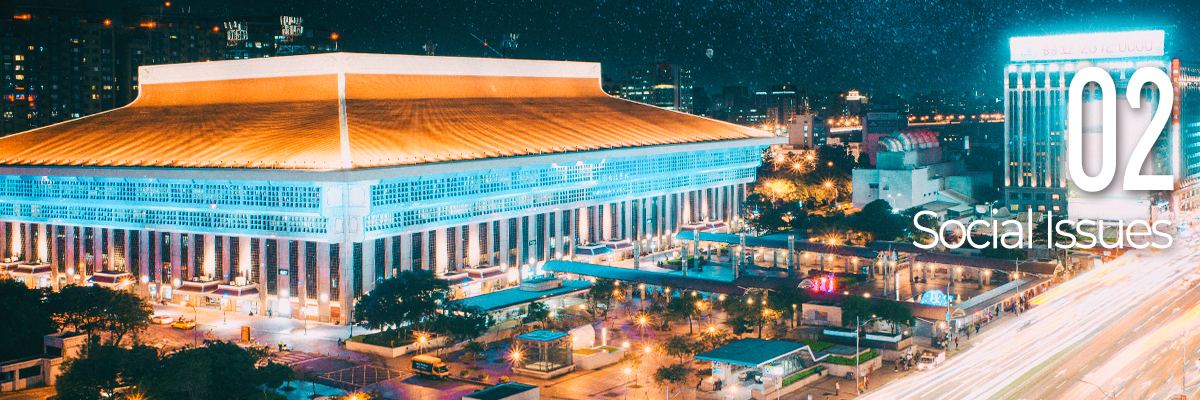

Prostitution is illegal in Taiwan. While there is a risk of contracting HIV and sexually transmitted diseases, there are other wider social implications. Child prostitution or sex tourism is an abhorrent and illegal act that we strongly condemn. Any incidences of this will be reported to the local and international authorities, who have links with Interpol and will ensure that the person involved will be questioned.

This is a difficult issue for many travellers who want to assist the local communities but are unaware of the larger implications. There are many ways in which you can have a positive input into the communities that you visit.

Please refuse to buy any souvenirs, food or products made from local wildlife-this includes snake wine, bear, bats, frogs, turtles and sea horses. Where possible avoid restaurants that make a feature of wild endangered animal species on their menus. If you see an abuse of animals or wildlife, report this to your local guide.
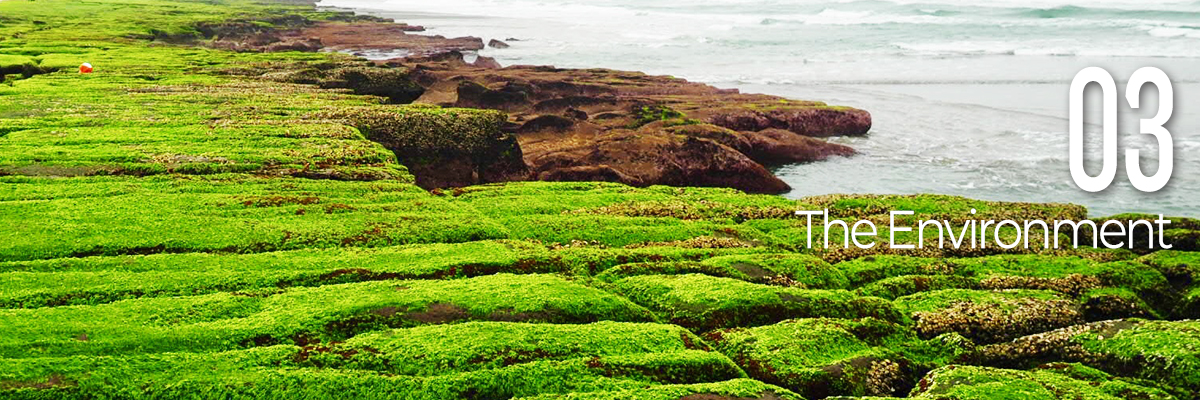

The enormous economic growth of the region has been at the cost of the environment. Analysts are only now beginning to recognize the extent of the damage and the true cost to the environment and the welfare of its inhabitants. Debris-choked waterways, open sewers, excessive air pollution and plastic littering the streets are an obvious result of unrestrained economic growth. We encourage you to minimize our impact on the places by practicing waste minimization initiatives whilst on holiday. Reduce, Reuse, Recycle.
Scientists have discovered that some of the chemicals found in sunscreen and other personal health products threaten the health of coral reefs. Consider sunscreen without chemicals that can harm marine life, seek shade between 10 am & 2 pm, and use Ultraviolet Protection Factor sun wear.
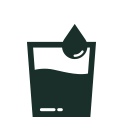
Bottled water is for sale in Taiwan. Actively try to reduce the ‘consumption’ of plastic bottles by using alternatives. In hotels ask if you can refill your bottle with purified water for free or for a small fee. There are many places you can refill your bottle, ask the tour guide during the tour for finding the drinking fountain.
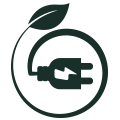
Be prudent with fuel and water. Pollution, greenhouse gases and other problems of fossil fuel use are escalating as developing countries strive towards having modern Western appliances, vehicles and production methods. Clean water supplies are diminishing. Some ways to cut energy consumption:
